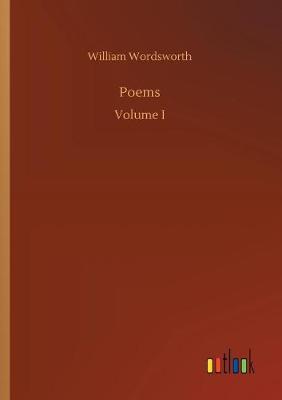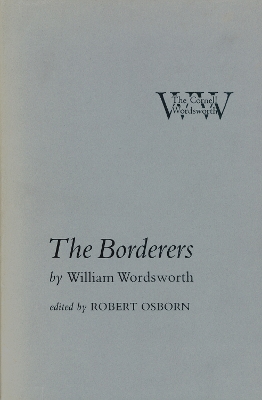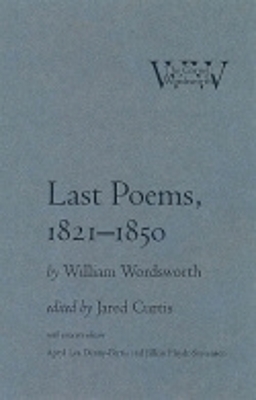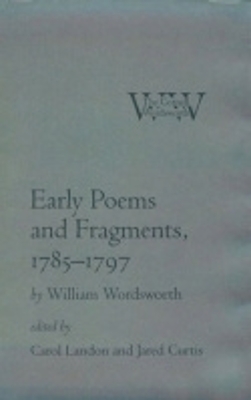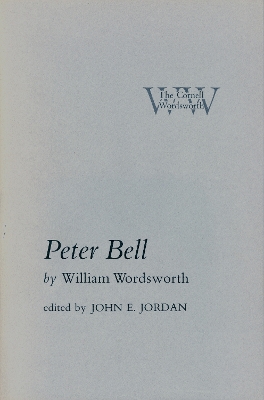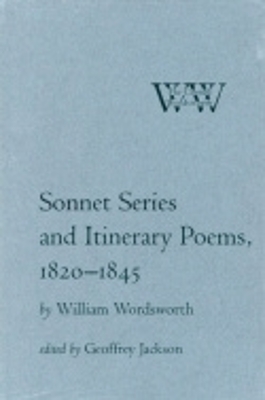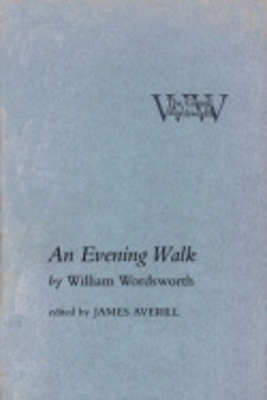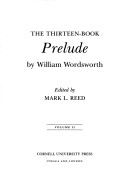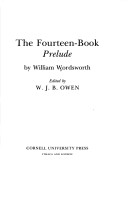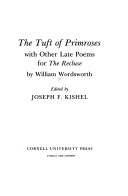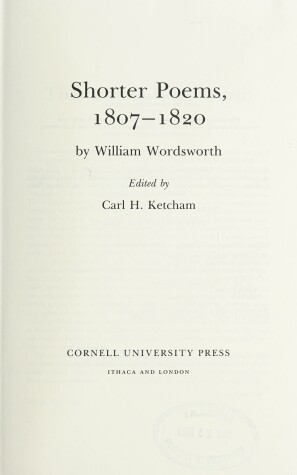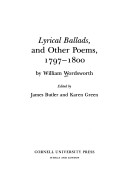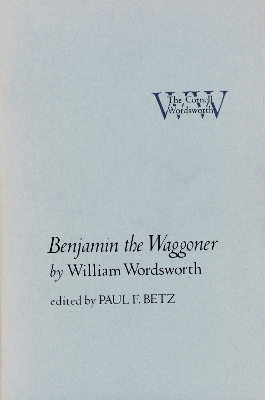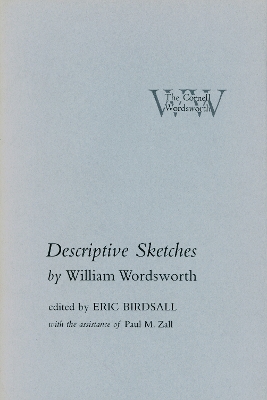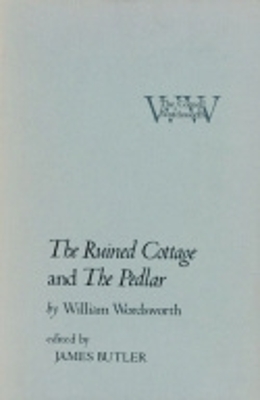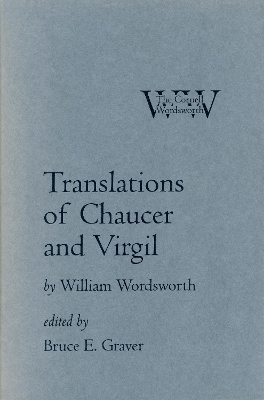The Cornell Wordsworth
18 total works
This book presents much of Wordsworth's poetic output from the last three decades of his life. Approximately two hundred poems are featured, including On the Power of Sound, the sequence of Evening Voluntaries, and the poet's tributes to the dead, such as those to Sir George Beaumont, Samuel Taylor Coleridge, and James Hogg. The volume excludes longer works written during this period, which appear in other volumes in The Cornell Wordsworth.
Last Poems provides reading texts of all the poems in their earliest finished versions, an apparatus criticus of all variant readings from all surviving manuscript and print forms over which the poet exercised control, Wordsworth's—and the editors—notes to each of the poems, and photographs and transcriptions of selected manuscripts.
The poems display a wide range of verse forms, including examples from most of the classes and types that Wordsworth himself used to organize his oeuvre as well as poems best described as efforts to shape poetic forms in new ways. Chronologically arranged, the poems explore themes both perennial and topical as Wordsworth endeavored to come to terms with a rapidly changing world by exploring the past, the present, and the links between them.
This volume is made up of work from the beginning of Wordsworth's career, when he was a Hawkshead schoolboy, until the end of his time at Racedown in mid-1797. Like other volumes in The Cornell Wordsworth series, this book is based on detailed study of the relevant manuscripts. Each poem or fragment is accompanied by a headnote that explains that item's provenance among the manuscripts and examines its literary or biographical background. Most of the work in this volume was never published in Wordsworth's lifetime. (Early works that appear in other volumes of The Cornell Wordsworth have been omitted, but all other work from Wordsworth's early manuscripts, whether a finished piece or a mere jotting, has been included.)
The editors draw heavily on seventeen notebooks or other manuscripts. Fifteen of them are presented in photographic copies; all are described fully in bibliographical terms. Although some writing from the notebooks has appeared in print since the poet's death in 1850, the Landon and Curtis edition supersedes earlier versions in thoroughness and overall reliability. The editors present a plausible new organization of the Vale of Esthwaite materials, an improved sequential versions of the two dirges written at Cambridge, and a substantially enlarged text of the Wordsworth-Wrangham "Imitation of Juvenal." The incomplete "Greyhound Ballad" is one of several fragments appearing in print for the first time.
For more information, please visit the Cornell Wordsworth series website at http://CornellWordsworth.BookPub.net
The Tuft of Primroses with Other Late Poems for "The Recluse"
by William Wordsworth
'
Graver believes Wordsworth's scholarly abilities were much greater than commonly supposed, and that his translations will interest classicists, mediaevalists and 18th-century scholars, as well as romanticists.
